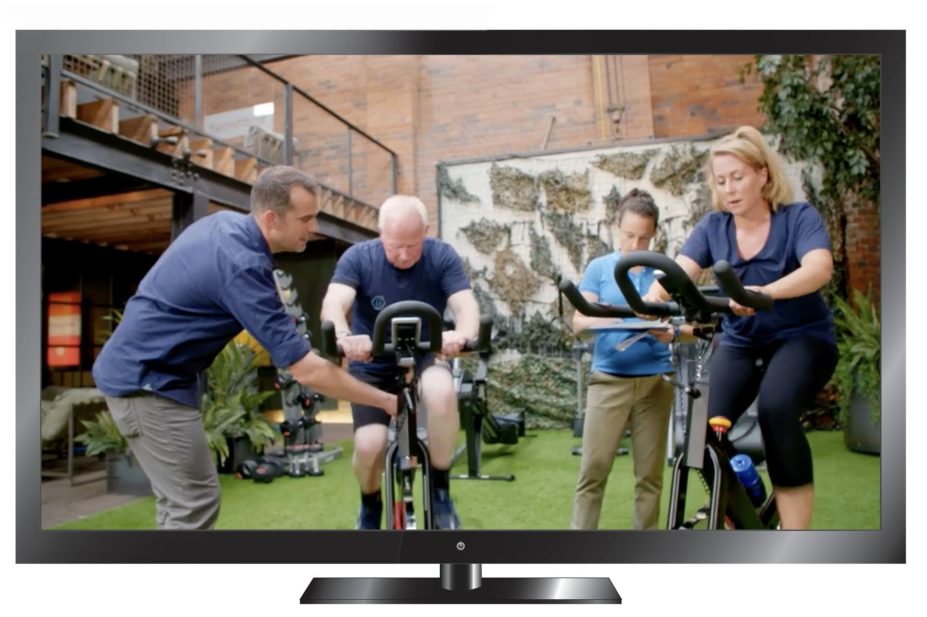
BBC
In the BBC Two show
The Twinstitute
, identical twin doctors Chris and Xand van Tulleken go head to head, with the help of 30 other pairs of identical twins, to put competing health theories to the test.
Any pharmacist worth their salt, of course, would see that the research presented on the show is not hard science. There is little measurement of baseline characteristics (if any, in some experiments); the tests do not use validated tools; sample sizes are, clearly, very small; and statistical significance doesn’t get a look-in.
With twin test subjects checked in by twin bouncers on the door to the twin research centre, the concept is pretty gimmicky, but the show does present some interesting ideas to the public about improving their health.
Over the course of the six-episode series, the van Tullekens conduct dozens of experiments across a range of health areas.
One example is when they ask whether banking sleep in anticipation of tiredness or taking power naps is better for dealing with extreme exhaustion. To test this, twins are split into two groups and deprived of sleep for 36 hours; one group takes power naps, while the other relies on the extra sleep they ‘banked’ earlier in the week. Once they are suitably exhausted, the twins are challenged to land a Boeing 747 in a flight simulator, following instructions from ‘air-traffic control’, to test their reflexes and risk aversion. The experiments aren’t going to produce reliable or scientific data, but they are certainly fun to watch.
The van Tullekens also investigate alternatives to medicines — they ask whether swearing (loudly) or practising mindfulness is the best approach to managing pain, and whether acupressure bands are better at curing motion sickness than taking ginger. Experiments on whether smoking cessation is more likley after receiving cognitive behavioural therapy or acupuncture, and if slow and steady workouts or high intensity intervals are better for getting fit may also be of interest.
None of the ideas presented in the show will be revolutionary to any healthcare professionals watching, but The Twinstitute’s (mostly) harmless back-yard science will be a fun watch for anyone interested in how their bodies work. If nothing else, there’s some satisfaction in seeing the twin doctors put through their paces.
References
BBC Two. The Twinstitute. London: BBC; 2019


